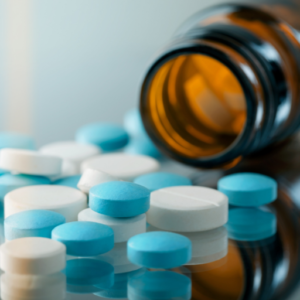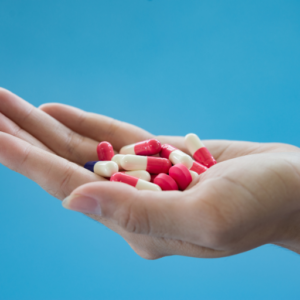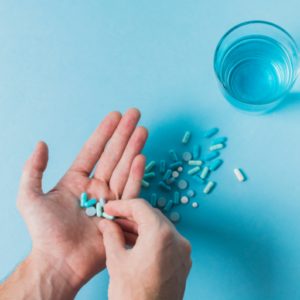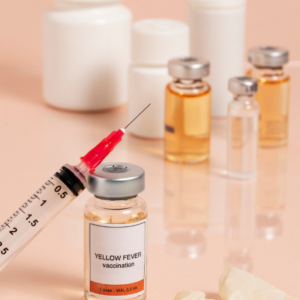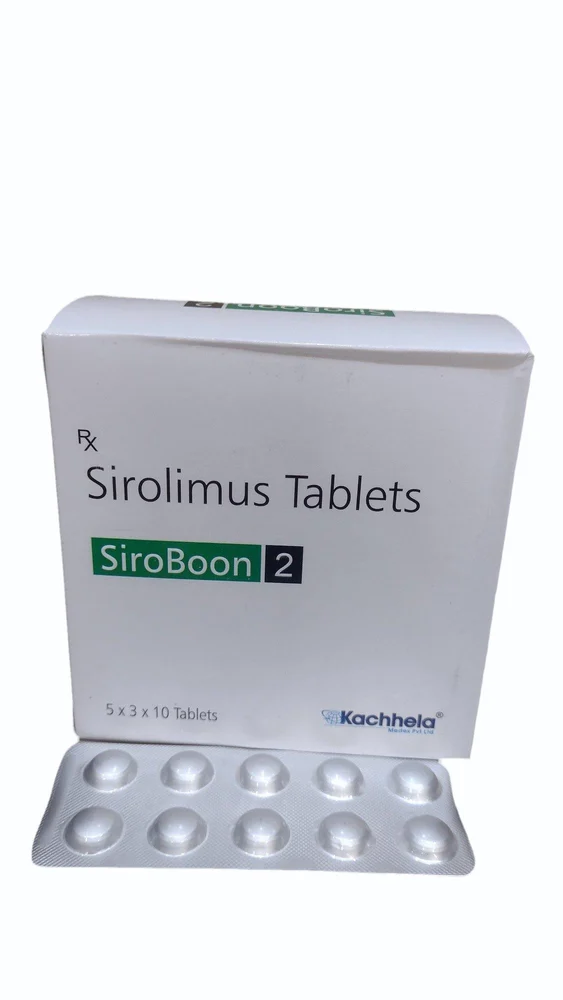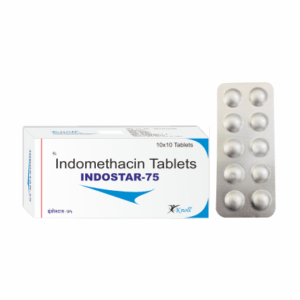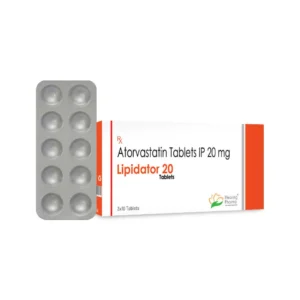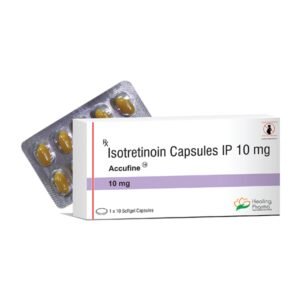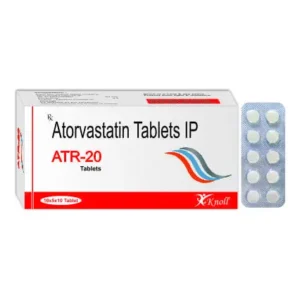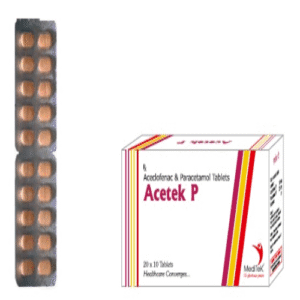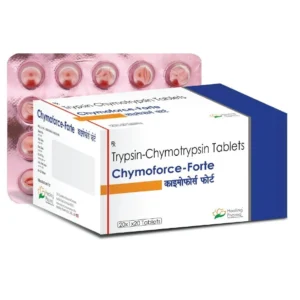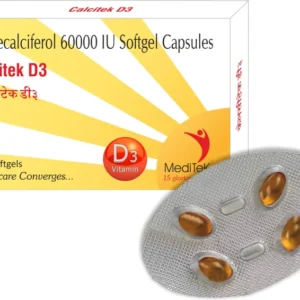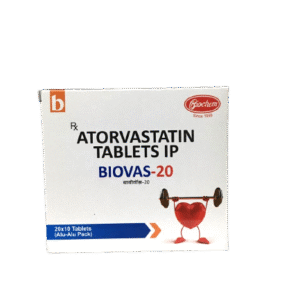SiroBoon 2mg
| Package | Per tablet | Savings | Price |
|---|---|---|---|
| 180 tablets | $4.37 | $277.24 | $1128.24 $851 |
| 150 tablets | $4.87 | $210.2 | $940.2 $730 |
| 120 tablets | $4.96 | $157.16 | $752.16 $595 |
| 90 tablets | $5.26 | $91.12 | $564.12 $473 |
| 60 tablets | $5.63 | $38.08 | $376.08 $338 |
| 30 tablets | $6.3 | – | $188.04 |
What is this medicine?
SIROBOON (Sirolimus) 2 mg is an immunosuppressant. This medicine is used to prevent rejection in patients who have received a kidney transplant. It works by suppressing your body’s immune system so it does not attack the transplanted organ. It may also be used in some patients to treat a rare lung disease called lymphangioleiomyomatosis (LAM).
What should I tell my health care provider before I take this medicine?
They need to know if you have any of these conditions:
-
liver disease or liver problems
-
high cholesterol or triglyceride levels
-
low platelet count or blood disorders
-
current infections or a history of chronic infections
-
if you are scheduled for any vaccinations
-
intolerance or allergy to sirolimus, other macrolide antibiotics (like erythromycin), or any ingredients in the tablet
-
if you are pregnant or trying to become pregnant
-
if you are breast-feeding
-
history of skin cancer or risk factors for skin cancer
-
diabetes or high blood sugar
How should I use this medicine?
Take this medicine by mouth as directed by your doctor, usually once daily. Swallow the tablet whole with a glass of water. Take it consistently either with or without food. Do not crush, chew, or split the tablet.
Follow the dosing schedule exactly. Take this medicine at the same time each day.
Overdosage: If you think you have taken too much of this medicine, contact a poison control center or emergency room immediately.
What if I miss a dose?
If you miss a dose, take it as soon as you remember. If it is almost time for your next dose, skip the missed dose and go back to your regular schedule. Do not take double or extra doses.
What may interact with this medicine?
-
antifungal medicines (like ketoconazole, itraconazole)
-
certain antibiotics (like clarithromycin, rifampin, erythromycin)
-
antivirals (used for HIV/AIDS or hepatitis)
-
cyclosporine or tacrolimus
-
seizure medications (like carbamazepine, phenytoin)
-
grapefruit juice or grapefruit products
-
cholesterol-lowering drugs (like statins)
-
St. John’s Wort
This list may not describe all possible interactions. Give your health care provider a list of all the medicines, herbs, non-prescription drugs, or dietary supplements you use. Also tell them if you smoke, drink alcohol, or use recreational drugs.
What should I watch for while using this medicine?
-
You will need frequent blood tests to monitor your sirolimus levels, kidney function, and blood cell counts.
-
Avoid live vaccines while using this medicine. Talk to your doctor before receiving any vaccines.
-
Sirolimus may increase your risk of infections and certain types of cancers, especially skin cancer. Avoid prolonged sun exposure and use sunscreen and protective clothing when outdoors.
-
Inform your healthcare provider if you develop symptoms of infection (fever, chills, sore throat) or unusual bruising or bleeding.
-
If you are planning to become pregnant, discuss effective contraception with your doctor. Women should avoid becoming pregnant while taking sirolimus and for at least 12 weeks after stopping it.
-
Avoid grapefruit and grapefruit juice—they can increase sirolimus levels in your blood.
What side effects may I notice from this medicine?
Side effects that you should report to your doctor or health care professional as soon as possible:
-
signs of infection (fever, chills, body aches, sore throat)
-
mouth sores or ulcers
-
trouble breathing, chest pain
-
unusual bruising or bleeding
-
swelling in hands, feet, or legs
-
yellowing of the skin or eyes (jaundice)
-
severe abdominal pain
-
allergic reactions (rash, itching, swelling, dizziness, trouble breathing)
Side effects that usually do not require medical attention (report if persistent or bothersome):
-
headache
-
diarrhea or constipation
-
nausea or upset stomach
-
joint pain
-
acne or skin rashes
-
increased blood pressure or cholesterol levels
This list may not describe all possible side effects. Consult your healthcare provider for medical advice about side effects.
Where should I keep my medicine?
-
Keep out of the reach of children.
-
Store at room temperature between 20 and 25 degrees C (68 and 77 degrees F).
-
Protect from moisture and light.
-
Do not use after the expiration date printed on the package.
-
Properly dispose of unused medication.




